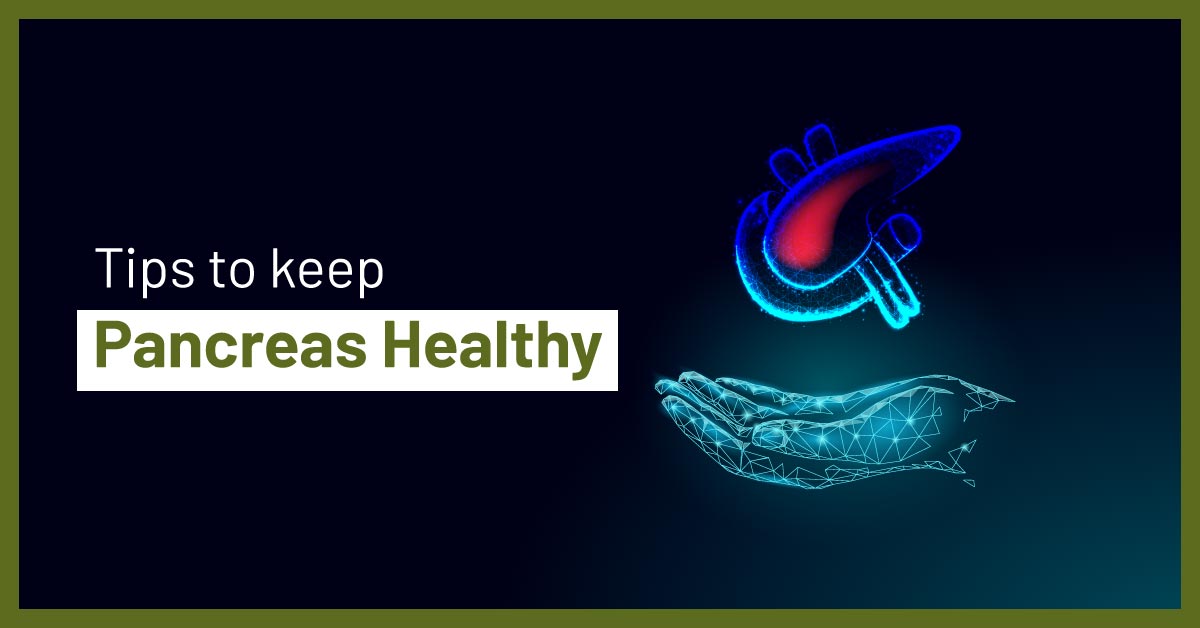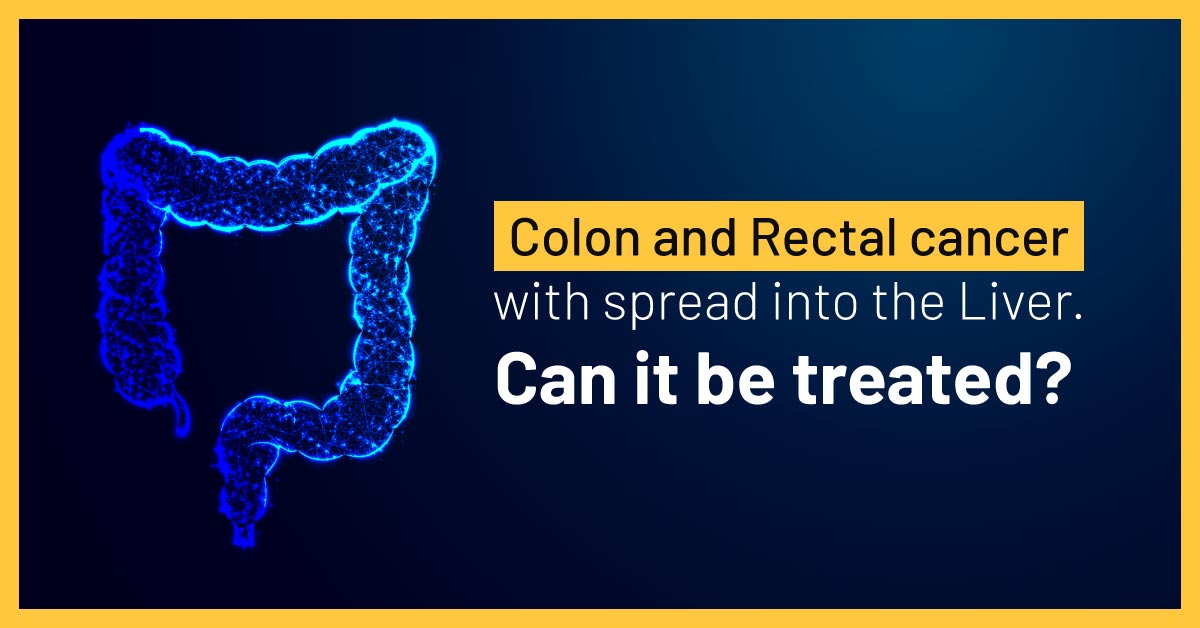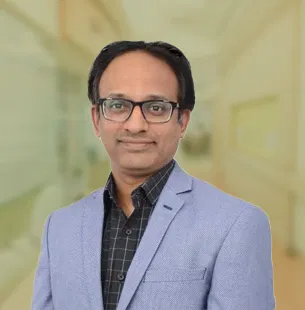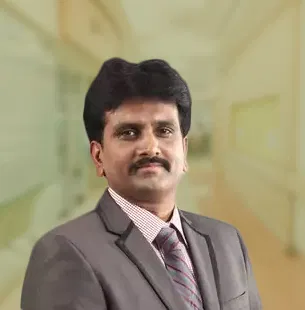Gastrointestinal Cancer
Gastrointestinal (GI) cancer refers to a group of cancers that affect the digestive system like Esophageal Cancer, Stomach Cancer, Small Intestine Cancer. They include the cancers of the upper GI tract - Gallbladder Cancer, Liver Cancer , Pancreas Cancer affecting the Hepatobiliary system and Pancreas (HPB), Colorectal cancers affecting the bowel (large intestine or colon and rectum), and cancers affecting the anus. WHO reports indicate that gastrointestinal cancer (GI) cancers are the second most common cause of cancer deaths after lung cancer with the most important reason being the failure to detect at an early stage of gastrointestinal cancer.
Relatively less reported in the past, there has been an increased incidence of gastrointestinal cancers in India due to significant changes in lifestyle predominantly due to alcohol abuse, negative effects of tobacco consumption (through both smoking and smokeless use such as chewing tobacco), changes in dietary patterns, such as low-fiber diets, an increase in meat consumption (including chicken), and exposure to higher levels of pollution (ICMR, 2016). Early gastrointestinal cancers screening and detection helps in improving the survival rate of patients.
Most of the gastrointestinal cancers, if not all,usually start as benign lesions such as polyps which can last for a few years before it develops into cancer.
Therefore there is a great opportunity to eradicate gastrointestinal cancers, provided they are detected early and removed before they develop into cancers.
Furthermore, the 5-year survival rate following treatment of gastrointestinal cancers is much higher at earlier stages of the cancer. Earlier cancers have better outcomes and are treated with minimally invasive techniques that are associated with lower morbidity and earlier return to normal life.
Gastrointestinal Cancer Screening & Prevention
While genetic factors related to gastrointestinal cancers cannot be controlled, following are some ways in which you can reduce your overall risk of developing cancer.
Please reach out to our experts at Cytecare, if you would like to find out more information about gastrointestinal & gallbladder cancer signs and symptoms , concerns over risk factors, and/or a diagnosis you may have already received.
Gastrointestinal Cancer Screening & Prevention
While genetic factors related to gastrointestinal cancers cannot be controlled, following are some ways in which you can reduce your overall risk of developing cancer.
Please reach out to our experts at Cytecare, if you would like to find out more information about gastrointestinal & gallbladder cancer signs and symptoms , concerns over risk factors, and/or a diagnosis you may have already received.
Gastrointestinal Cancer Diagnosis
At Cytecare, all endoscopic procedures are performed by experienced Gastroenterologists, who have specialized training in the field, in collaboration with organ-specific specialists. When appropriate, our gastroenterologists collaborate with our gastrointestinal oncologists, medical oncologists, radiation oncologists and supportive care providers to ensure that each patient’s unique needs are met. This multispecialty approach allows us to not only produce exceptional outcomes, but also to improve each patient’s quality of life, throughout gastrointestinal cancer treatment and recovery.














